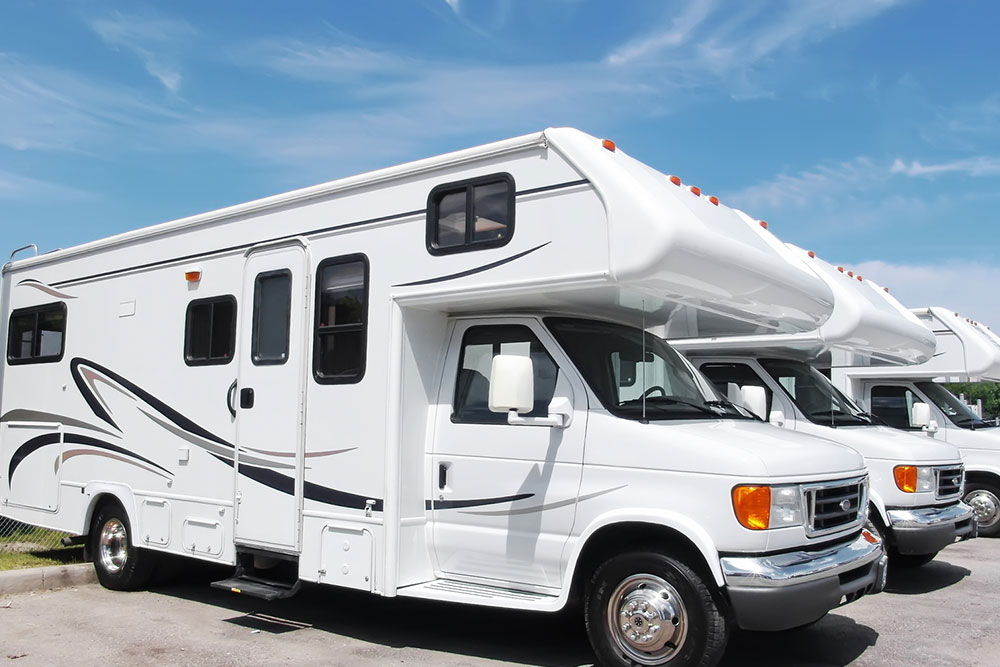4 things to know when buying bank-owned RVs

If one is interested in buying an RV without breaking the bank, purchasing a repossessed motorhome or RV directly from the bank could be an excellent solution and save considerable money. Furthermore, banks and lending institutions may also provide financing options to sweeten the deal. To ensure that you make the most of your purchase, this article outlines four important things you should know and implement when purchasing a bank-owned RV.
Exercise caution
Bank-owned RVs generally cost less than their fair market value, making them an exciting prospect for many buyers. However, one must not get swept away by the price alone. It is important to exercise caution when buying any repossessed vehicle. Check for potential damages that may have occurred as a result of neglect or improper care of the RV. This can help keep repair and renovation costs low in the future.
Create a wishlist
Whether used or new, buying a motorhome is a massive investment. Before purchasing, one needs to create a list of features and facilities the RV must have. This could include aspects such as the model of an RV, mileage, size, off-roading capabilities, and any personalizations or special features. Considering these factors in mind before purchasing can help one find an RV suitable for their needs.
Set a budget
It is essential to determine a budget when planning to purchase a vehicle. The budget should include expenses such as insurance, road tax, purchase, and possession documentation. In addition to these costs, one also needs to account for any potential repairs or maintenance costs that may arise. For repo purchases made at an auction, one must also consider additional auction-related costs and fees. Working with a budget in hand can help reduce financial stress in the future.
Inspect the vehicle
Check for the following when buying a repo RV:
- Moisture
Look for any interior or exterior signs of moisture or water damage. Do not ignore the smell of mold or any visible dampness. - Rust
Check if any vehicle parts have collected rust, as this can be an expensive and time-consuming part of the RV’s maintenance. - Engine
Start the engine and ensure that it sounds right. Be wary of any signs of smoke or exhaust smell. - Missing or damaged parts
All items on the listing must be present and correct to ensure buyers are not deceived.
If needed, hire a professional service to run these checks and highlight potential problems.